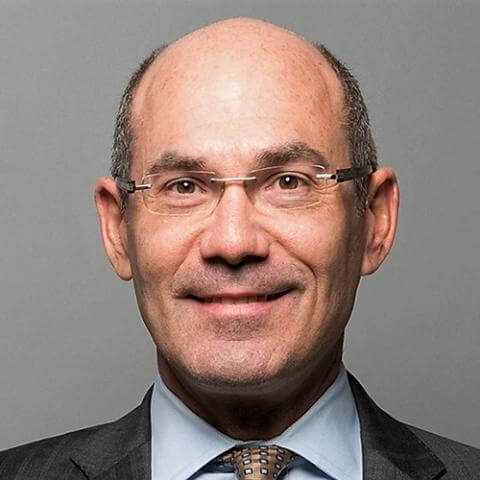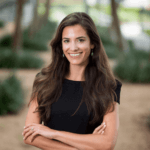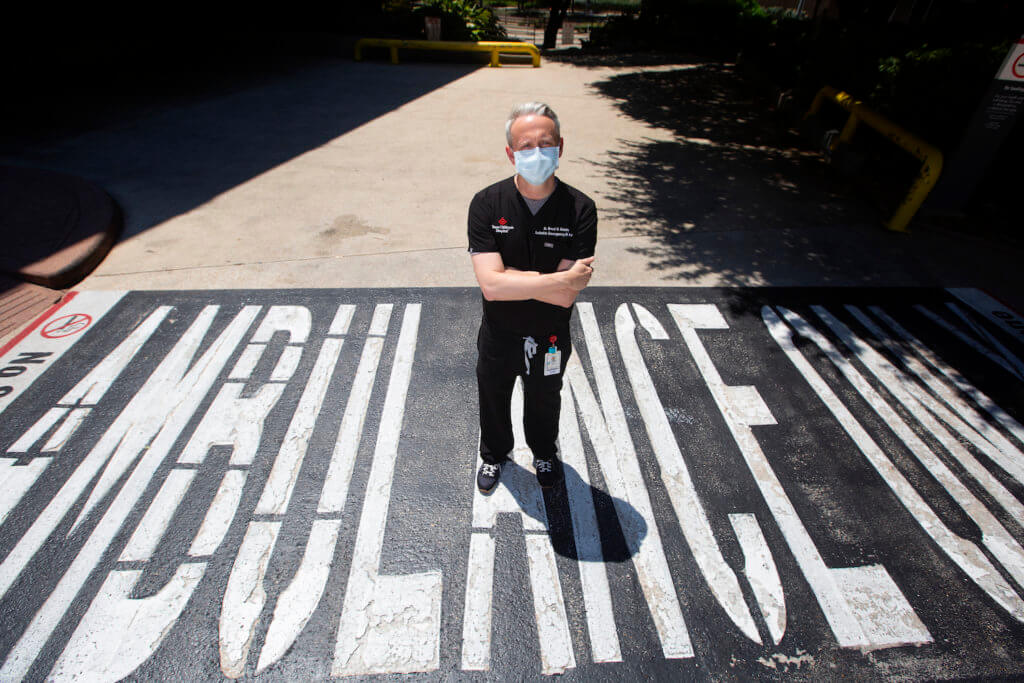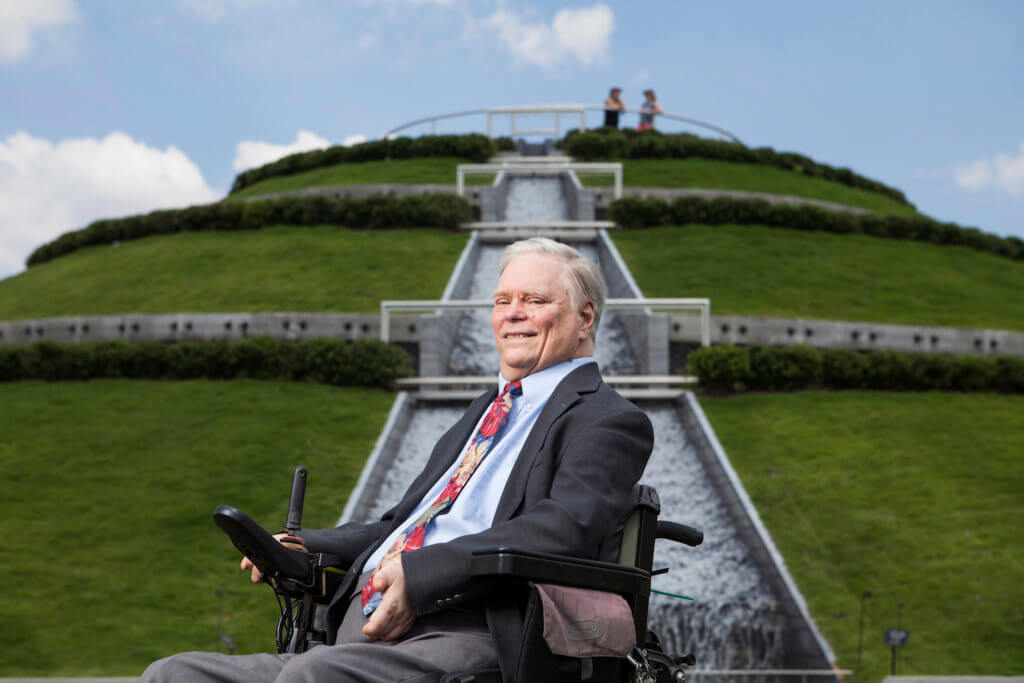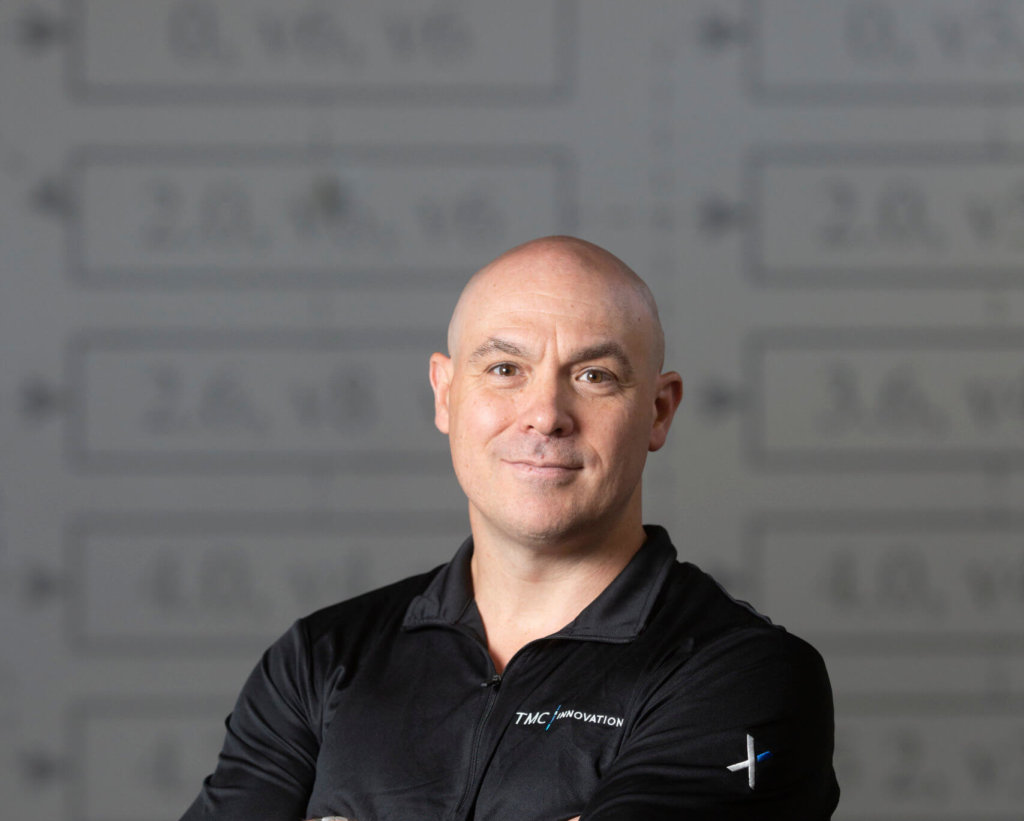Meet John Arcidiacono, president and CEO of The Health Museum
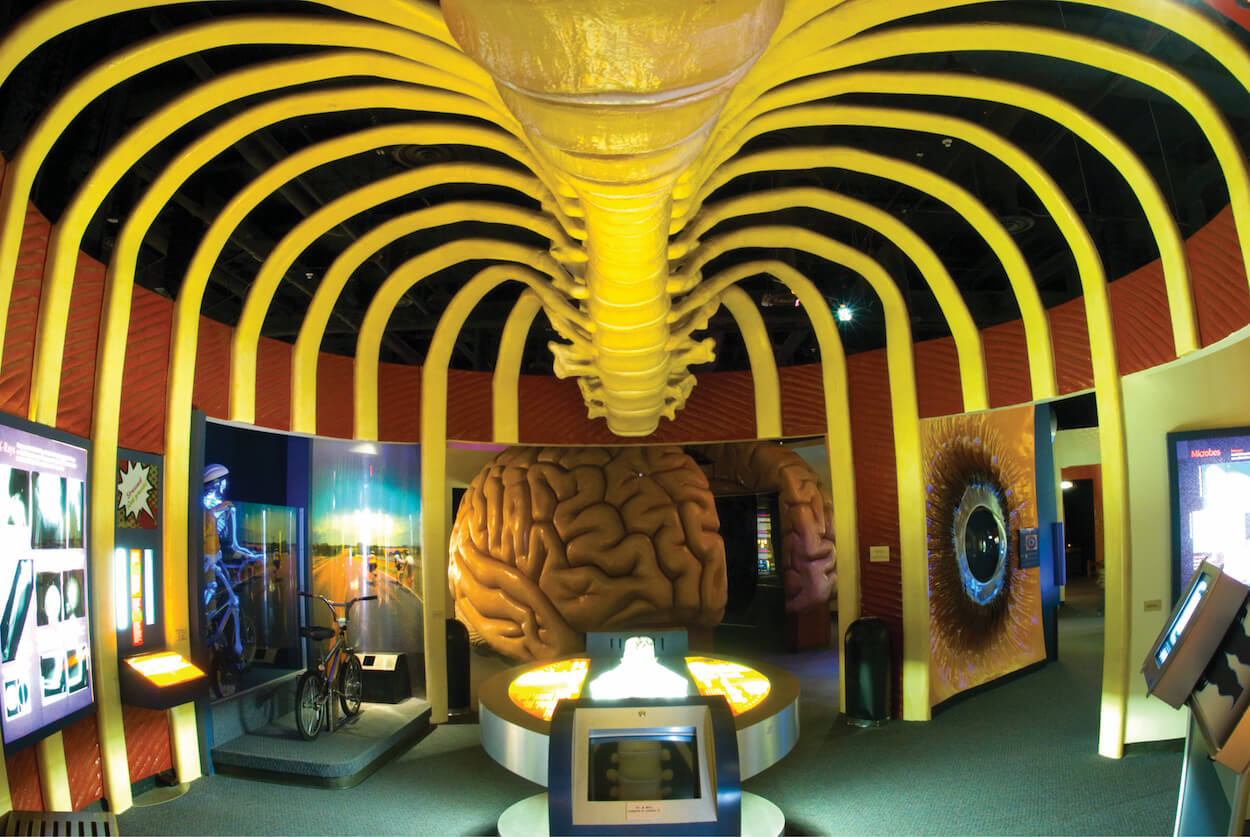
John Arcidiacono was named president and CEO of The Health Museum in August 2018. Since then, he has spent time learning how to lead, develop and promote one of the nation’s most unique spaces for health education using his more than three decades of marketing expertise.
Q | You’ve been here for almost six months. How have things been going?
A | Things have been busy. From the second I got here, we opened up Body as a Work of Art, we’ve had our gala, the Teddy Bear Check-up and we’ve had lots of school groups and speaking engagements. It has been constant, but that is the great thing about The Health Museum—there is always something going on. We are focused on making sure we have a good experience here for our customers, that we are looking at what the right amount of staff is for us to have and that we are making sure we have engaging opportunities and visits. We will be focusing on coming up with a strategic plan, charting the course for the future of The Health Museum—where it’s going to go, how we are going to get there and when we are going to get there.
Q | What changes have you made so far?
A | There really haven’t been a lot of dramatic, large-scale changes, but there are small changes across the board, from updating some of our exhibits to collaborating with different folks here at the museum. Since I’ve gotten here, what I have been doing is learning and meeting with all different types of folks—our staff, board members, consortium partners, some of the people in the government here in Houston—to gather information and help us come up with our strategic planning.
Q | You served as the vice president of marketing and public relations at the University of Texas MD Anderson Cancer Center. How is your background shaping your work at The Health Museum?
A | Fundamentally, marketing is about driving awareness and driving revenue. It is important for us here at The Health Museum to make people aware of what we are doing, get attention, raise awareness, draw people to our educational courses and exhibits, but it is also important to get people in here and through the door. That’s what I’m focusing on here at the museum and that is where the 30 years of marketing experience really helps.
As far as MD Anderson, that was kind of my first, full-time foray into the medical industry. Most people don’t realize that MD Anderson is a very broad organization. Not only do they have a hospital, but they also have research, awareness and prevention and community outreach. All of those things they do are relevant to helping me understand what the community needs here in Houston and how do we reach out to them. I also understand a lot more about hospitals, administration and pharmaceuticals and it gave me a better understanding about the health care industry in general.
Q | What is your vision for the museum?
A | Simplifying it to become a leading museum that helps people in Houston—and even beyond—live healthier lives. There are a lot of ways we can do that, but it will be through our exhibits and educational programs, community outreach, awareness around prevention and partnering with other organizations. Ultimately, my goal is to transform the museum to be able to reach a lot more people than we do today.
Q | I understand you lost a son several years ago in an automobile accident. How did you and your family get through that and how has that changed you as a person and as a leader?
A | I lost my son a little more than 20 years ago. On a personal level, it makes you think about your family in a different way; it makes you appreciate what you have. It also puts a hole in your soul that never goes away and it is something you have to live with for the rest of your life.
It helped me raise awareness about traumatic brain injury. I lost one son and had one who suffered traumatic brain injury. It changed my understanding and emphasis and interest in health care. That led me to get involved with TIRR Memorial Hermann and I’ve been on the TIRR Foundation board.
Q | Tell me about your interesting last name.
A | The name is Greek, originally, and it means Arch Deacon. My dad is Italian—born and raised in Sicily—and he came over to the United States when he was about 21. My dad had a brother going to school at the University of Houston at the time and he was in the Merchant Marines, jumped on a boat and came over. He didn’t speak any English, but he went to the University of Houston and met my mom. My mom is a native Houstonian, is Irish and English and grew up in a family that has been in Houston for many years. She is an artist and I absolutely thank my mom and my aunts. They are very involved in the arts community here in Houston and they opened my eyes to art.
Q | You also were born in Houston. Where did you grow up and how has the city changed in your lifetime?
A | I grew up near Rice University. My brother went to Lamar High School and I went to school at St. John’s. I have four children. So, between my brother and my four children, we’ve been involved with many of the schools in Houston.
Growing up, my dad was a consul with Italy in the 1960s and ’70s, so when I was a kid, my dad would go by and see the Italian patients visiting Dr. Denton Cooley or Dr. Michael DeBakey or any other doctor. At the time, we were leading heath care around the world. Because of that, I have been exposed to the amazing transformation that has occurred since I was a kid. And now, the Texas Medical Center being the largest medical complex in the world has really transformed the city of Houston.
Q | 2019 is the 50th anniversary of the Museum of Medical Science—the first iteration of The Health Museum. Will you be doing anything to mark the occasion?
A | Most people are familiar with The Health Museum from when they built the building here, so most people think we’ve only been around for 22 years, when, in fact, the organization was established 50 years ago. We don’t celebrate that date as much, but we might do something. From what I’ve been told, it started as a small wing in the Houston Museum of Natural Science (HMNS) and there was such an interest in it that they wanted to expand the exhibits they had, but the HMNS didn’t have enough room. So, the doctors got together and decided to build their own building and that is the impetus for what we have now.
Q | Can you give us a preview of the new exhibit, The Secret World Inside of You, which opens on February 2?
A | It is such a timely exhibit and it was organized by the American Museum of Natural History in New York City. When people first think about gut health or microbiomes, they don’t understand what it is. When you start hearing about how gut health sets the tone for the rest of your health, it is really a relevant topic. LaTanya Miles, director of education and public programming at The Health Museum, and her team have done a great job at pulling together and working with other organizations to get this exhibit here.
This conversation has been edited for clarity and length.

